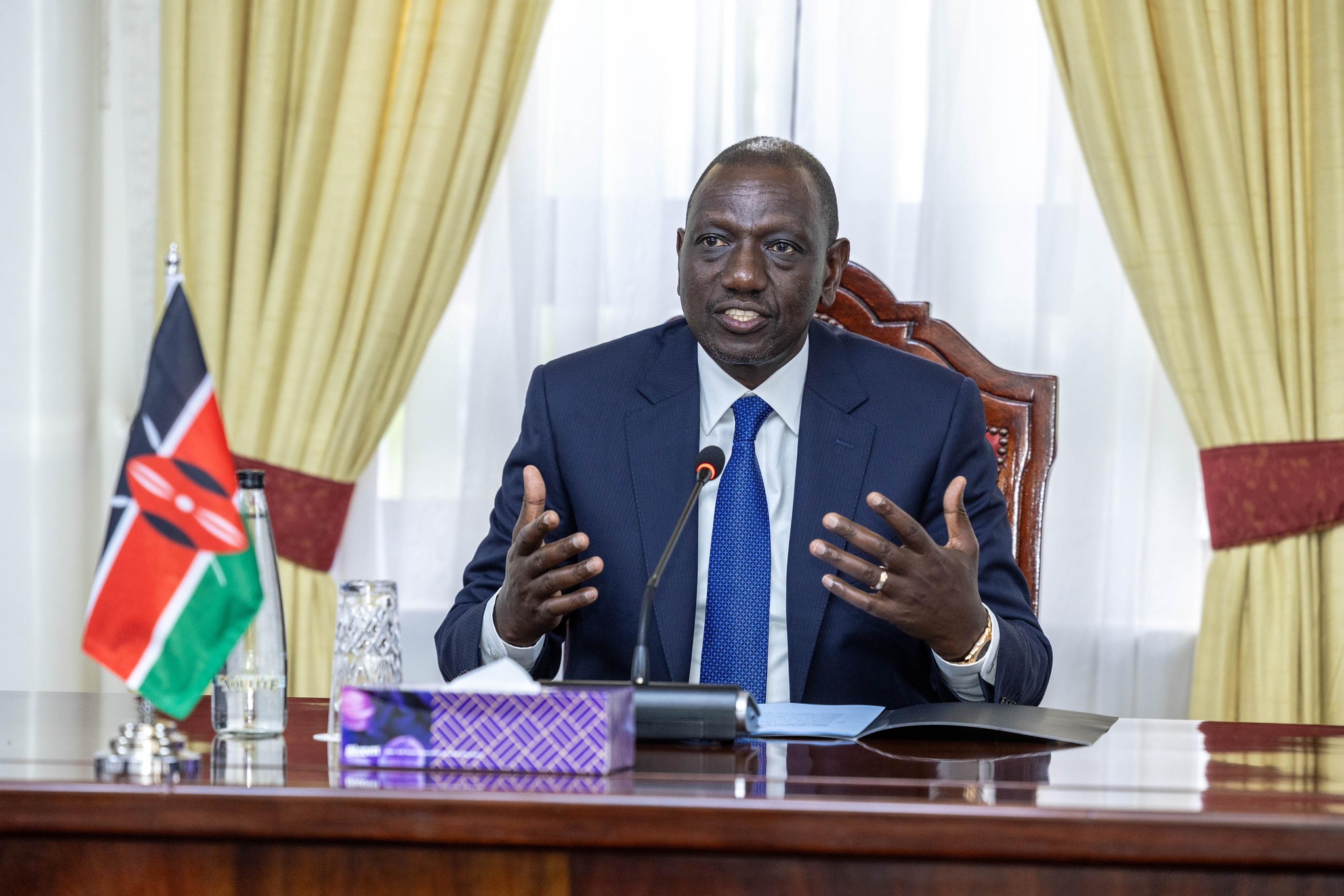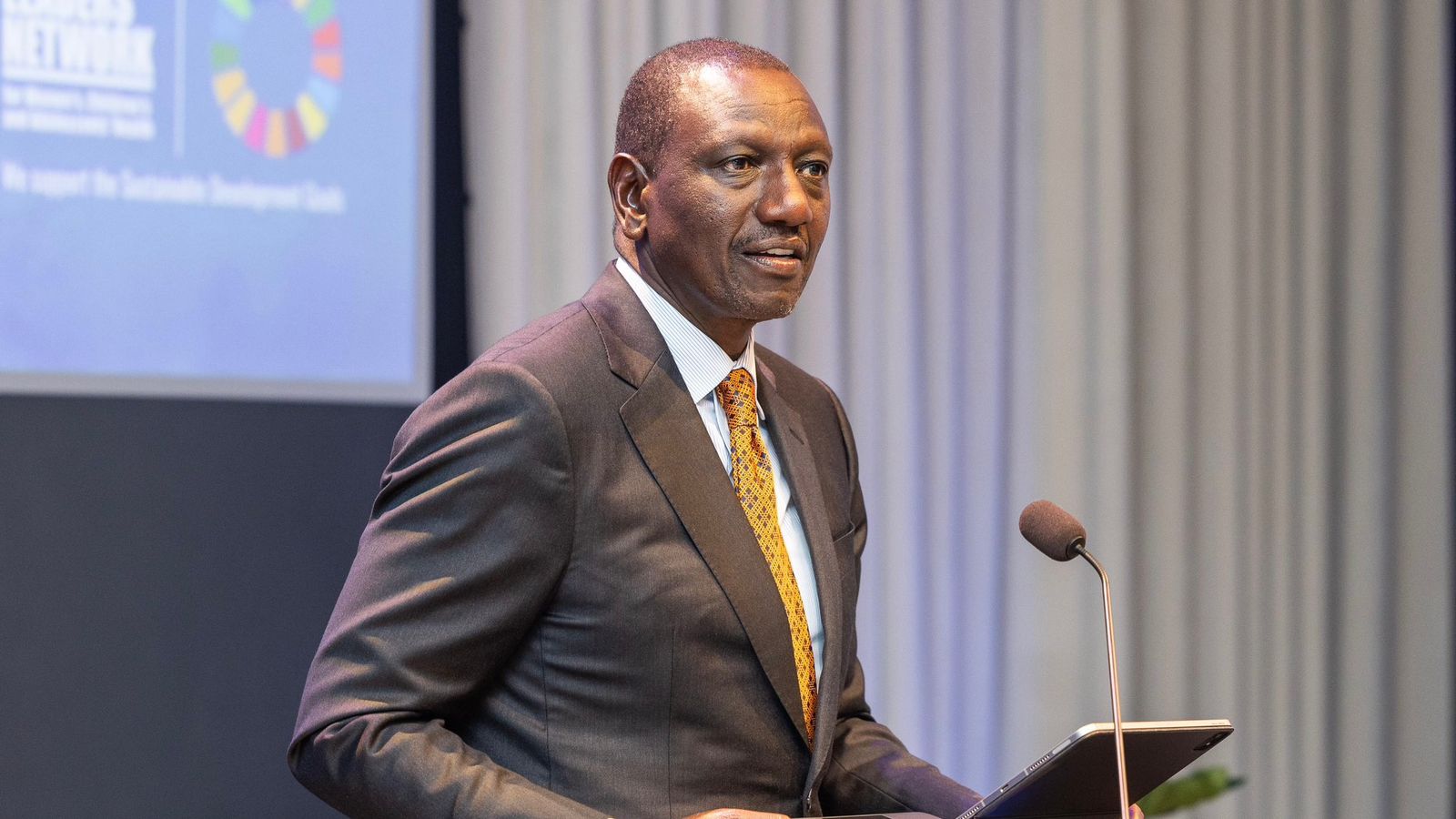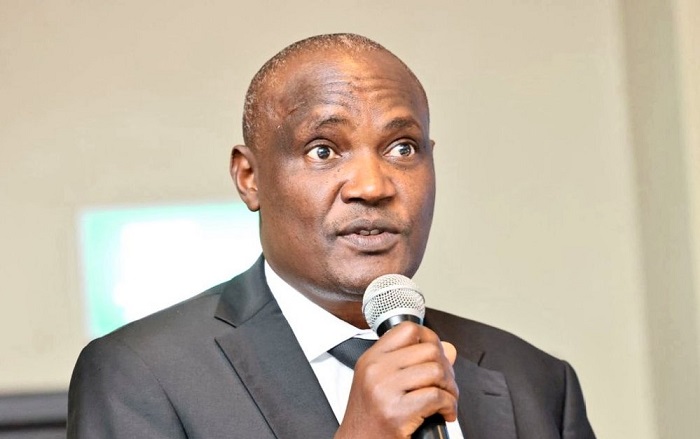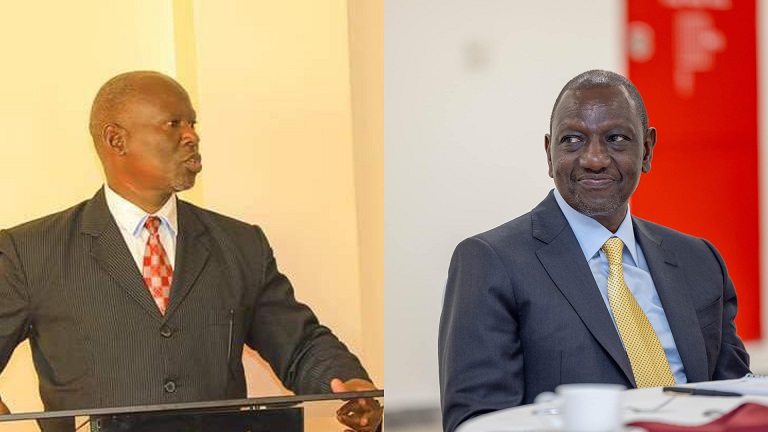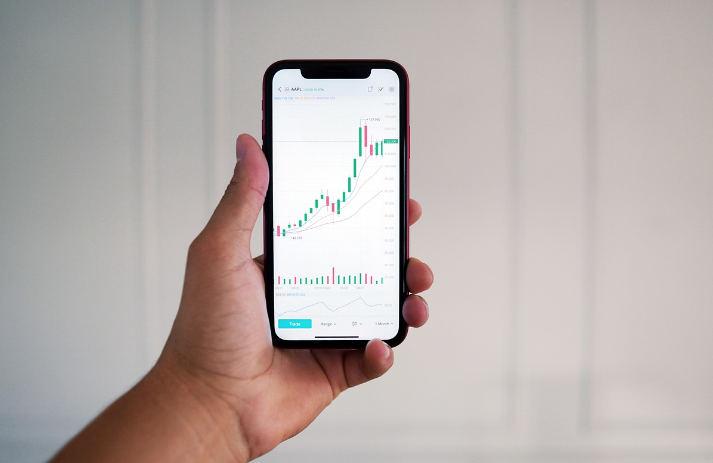The National Treasury through Cabinet Secretary Njuguna Ndung'u has gazetted new charges which will be imposed on Kenyans for every transaction made on the eCitizen platform.
CS Njuguna announced that the introduction of the charges is guided by the Public Finance Management Act.
He further noted that the new charges have been integrated into all available electronic payment platforms in Kenya, including mobile money, electronic bank payments, real-time gross settlements (RTGS), wallets, debit/credit cards, and other payment channels.
"The pro-rated changes will be applicable to all services, unless otherwise waived by the Cabinet Secretary for the National Treasury and Economic Planning. The charges take effect immediately. Gazette Notice No. 1350 of 2023 is revoked," CS Njuguna maintained.
Read More
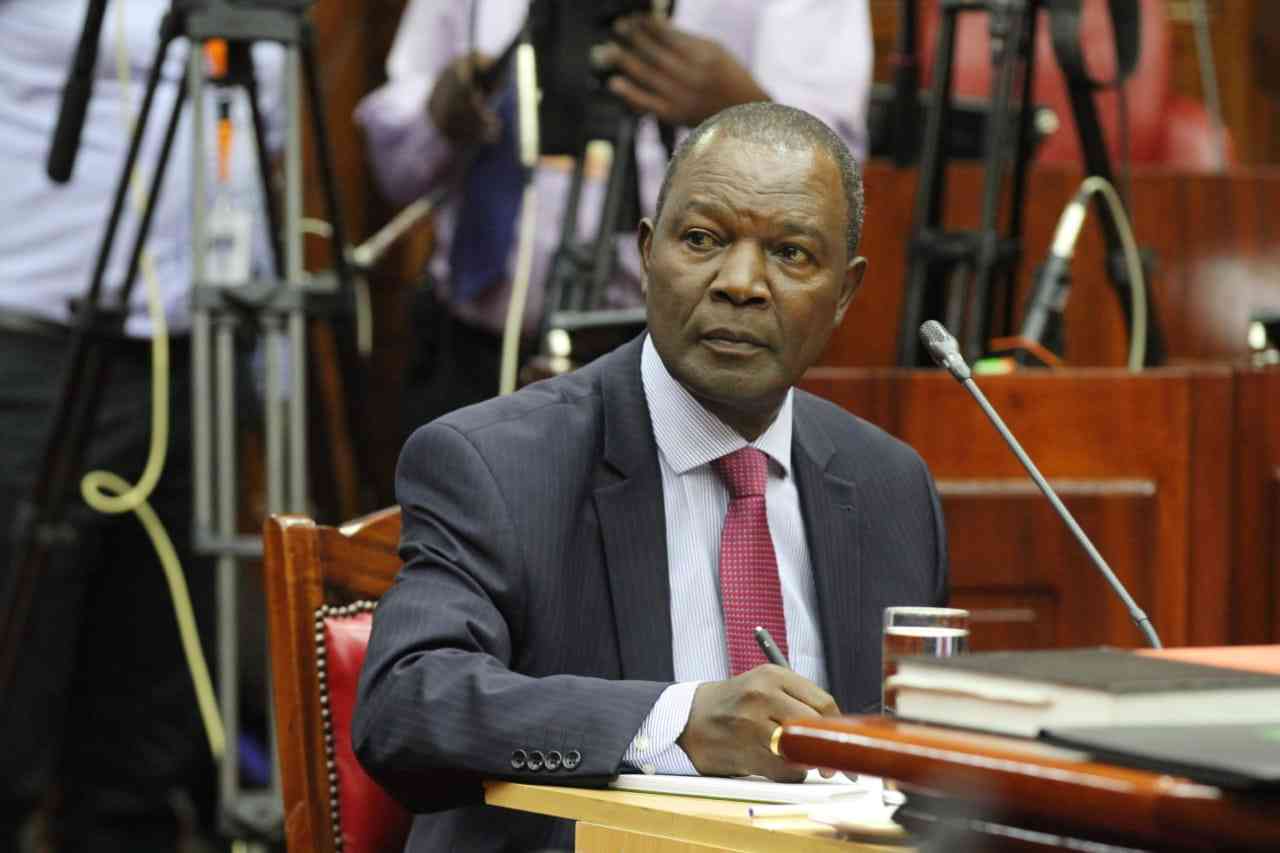
Breakdown of Nominal Charges
For transactions below Ksh199, Kenyans will be charged a nominal fee of Ksh5.
For transactions ranging between Ksh200 - 299, a Ksh10 fee will be imposed.
For those paying between 300-499, they will be charged Ksh15.
For transactions costing Ksh500-699, a nominal fee of Ksh20 will be imposed.
Ksh700- 999 a fee of Ksh25 will be applicable while those above Ksh1000 will be charged Ksh50.
Any amount in US Dollars will be charged USD1.
The new charges take effect immediately.
This directive comes after the government set a new record in eCitizen revenue collection months after President William Ruto directed the use of a single pay bill number and digitisation of all government services.
In a statement dated December 21, Immigration and Citizen Services Principal Secretary Julius Bitok noted that the daily revenue collection on the digital platform crossed Ksh900 million for the first time.
The PS revealed that eCitizen collected a total of Ksh903.6 million, Ksh223,714,916 ($1,446,495) of which was collected in dollars on Wednesday, December 20.
Ruto had also directed that all other pay bill numbers be deactivated and all payments channelled through a consolidated pay bill, 222222.
